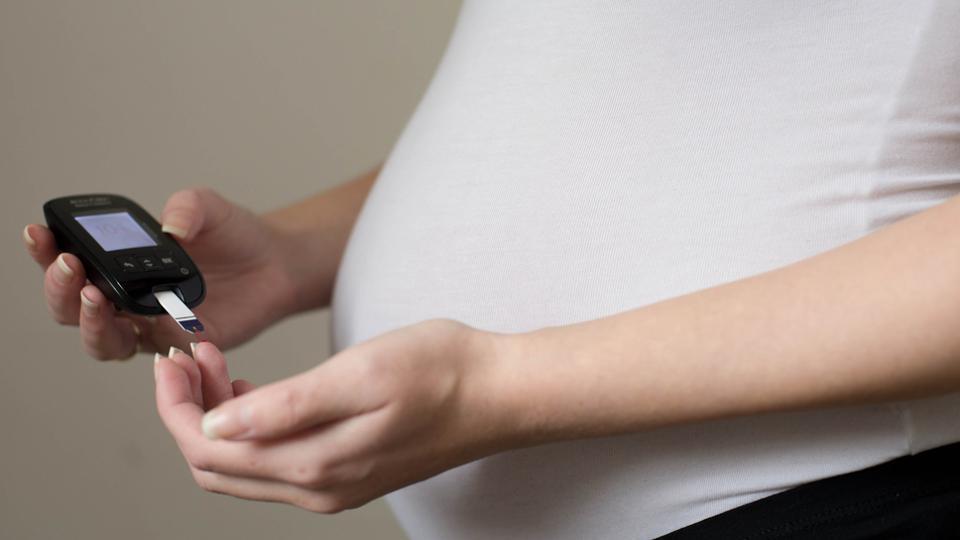
Muscat: Research has revealed that gestational diabetes mellitus (GDM) among pregnant Omani women is on the rise.
The Ministry of Health’s (MoH) Annual Health Report 2016 indicated that during the year, 13.57 per cent women were registered as diabetic, of whom 11.87 per cent were diagnosed with GDM during pregnancy. In 2004 and 2013, that figure was three and 12.2 per cent, respectively.
“This increase is likely due to the impact of globalisation and social media on the lifestyle and everyday behaviours of Omanis,” Dr Iman Al Hashmi, who conducted her research in GDM at Sultan Qaboos University (SQU), said.
History of diabetes
“Women who are above the age of 35, have a family or personal history of diabetes, or have a body mass index (BMI) above 30 should be extra cautious as they are at a higher risk of developing GDM,” Al Hashmi, who observed 90 expectant women during her research, said. “This type of diabetes develops only during pregnancy. It can occur at any stage of pregnancy but is more common in the second half,” she said.
Like other types of diabetes, GDM affects how our cells use sugar or glucose. It causes high blood sugar that can affect both pregnancy and the baby’s health.
“If not diagnosed and controlled at an early stage, GDM leads to type 2 diabetes, another common type found in the Sultanate, in the next five to 10 years,” the researcher explained.
“The choice of treatment for GDM includes both pharmacological and non-pharmacological interventions. Since individual treatment plans for GDM are highly dependent on a woman’s active role in controlling her blood glucose level, non-pharmacological interventions are recommended as the first line treatment,” Al Hashmi remarked.
“Non-pharmacological interventions involve self-care through lifestyle modifications, diet and exercise, and self-monitoring of the blood glucose level. Women whose blood glucose levels remain high even after non-pharmacological intervention are often treated with insulin injections on a daily basis,” she said.
“There are no guarantees when it comes to GDM prevention but the more healthy habits women can adopt before pregnancy, the better. To get the message across, collaboration between MoH, Ministry of Municipality, Oman Infoline, and nursing schools could be highly beneficial,” she suggested.
“The Ministry of Municipality could also play a role in ensuring accessibility to healthy food with calorie labelling, while Oman Infoline could assist in this effort by sending weekly text messages to all pregnant women with GDM in Oman,” she further said.
In addition, the researcher and assistant professor at the College of Nursing at SQU suggested that nursing schools and MoH could work together to raise awareness in the Omani community about the benefits of leading a healthy lifestyle, especially among pregnant women with GDM.